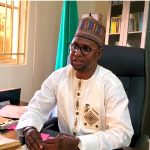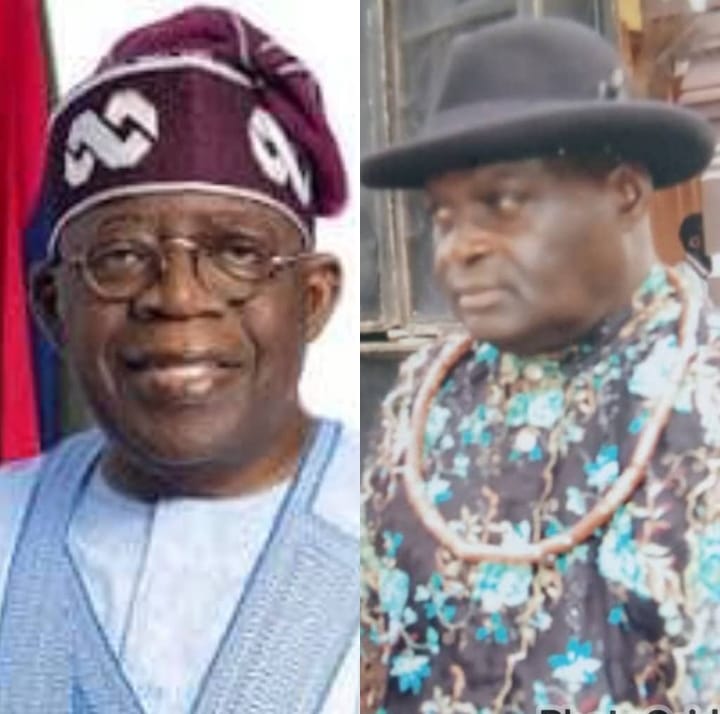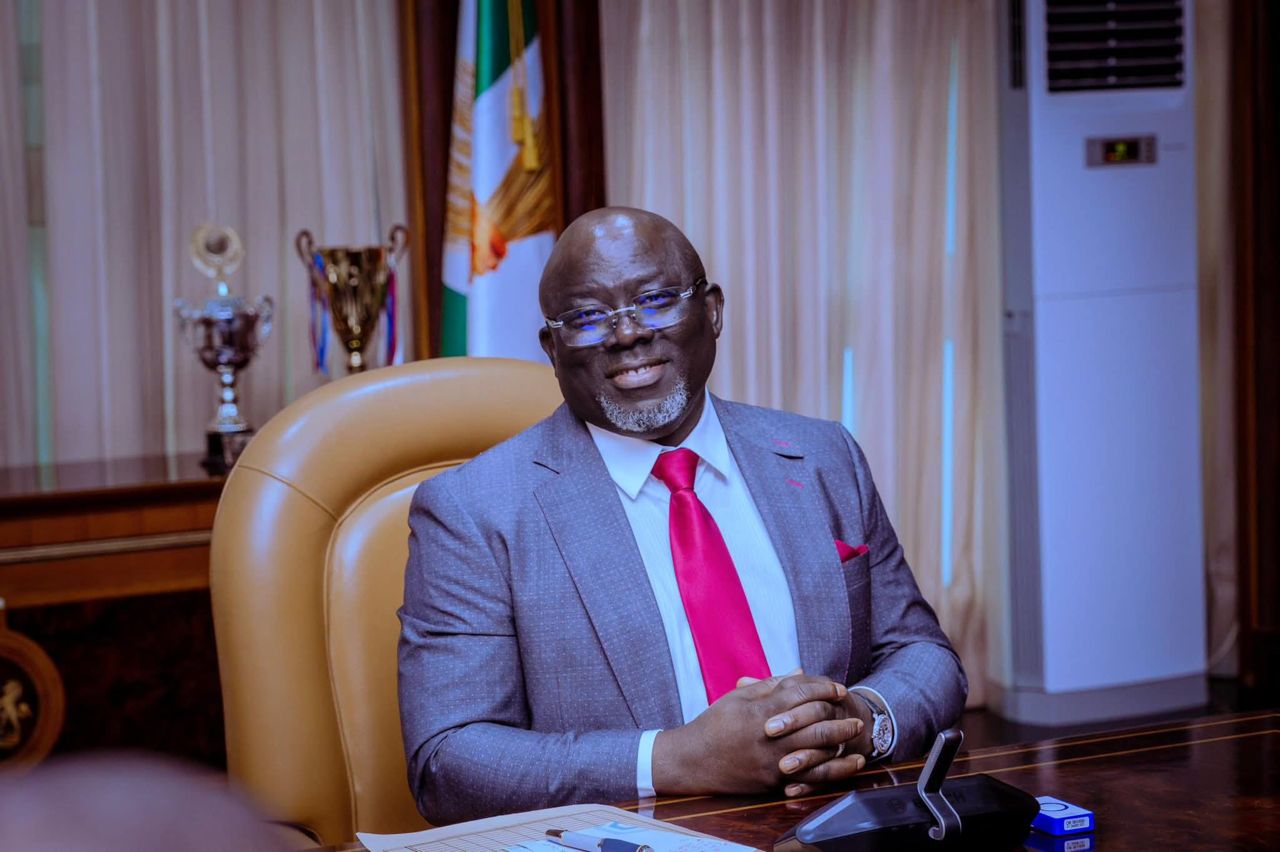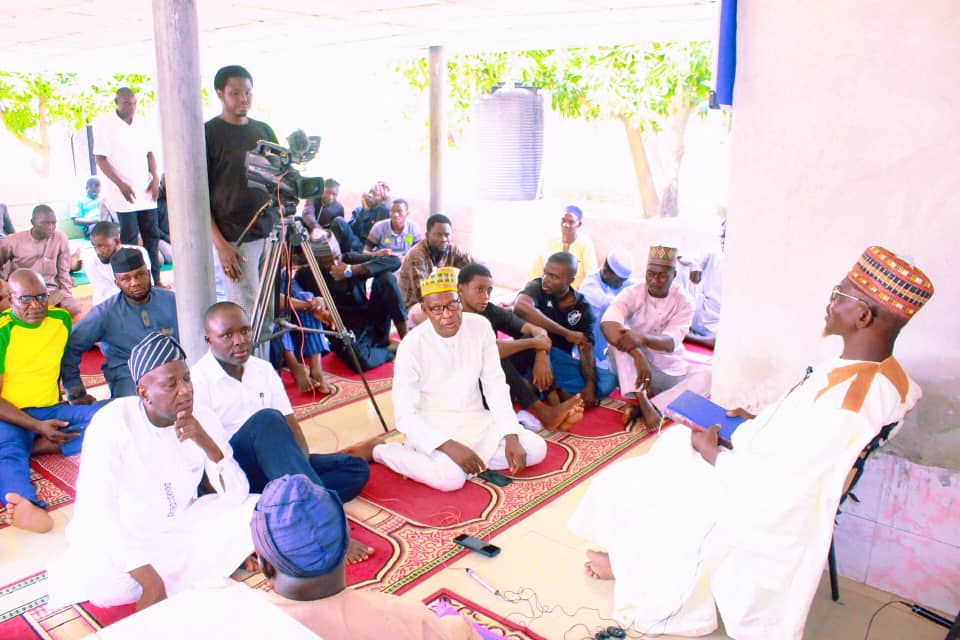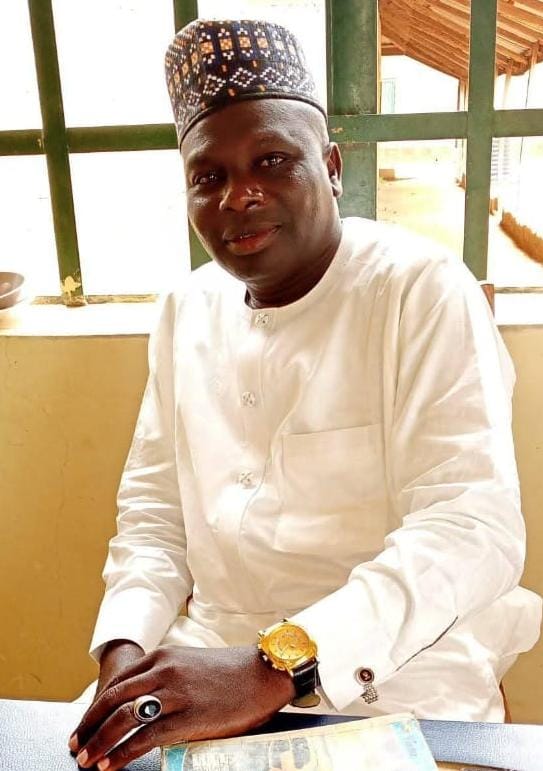By Wilson Macaulay
Populist High Chief Wellington Bobo JP FHR, the esteemed Oroupawei of Gbaramatu Kingdom, has urged the elders and leaders of Nigeria’s political class to reevaluate their leadership strategies in response to the current realities faced by the masses.
The respected elder statesman
in a compelling call for change,
emphasized the urgent need for the elders and the political leaders to adopt a more compassionate and effective approach to governance, with a focus on reducing the difficulties endured by the average Nigerians Who are stricken and down trodden
Populist High Chief Wellington Bobo expressed deep concern over the increasing economic hardship and social challenges faced by ordinary citizens based on the current realities .
Speaking with a sense of urgency,
the Oroupawei of Gbaramatu Kingdom highlighted the need for a comprehensive reform in the way leadership is conducted, calling on those in position of power to “rejig and reform their modus operandi.”
According to Populist High Chief Bobo, the policies and governance strategies currently in place in Nigeria have failed to adequately address the fundamental needs of the populace, and it is time for the ruling class to embrace a people-oriented approach to Governance.
“Leaders must not lose sight of the realities of life that their people face daily,” High Chief Wellington Bobo stressed. He urged political leaders to avoid being detached from the struggles of their constituents and instead, align themselves with the genuine needs of the masses.
The Gbaramatu Traditional Chief aka the German Man emphasized the necessity for policymakers to step away from self-serving interests and dedicate themselves to policies that would bring relief and positive transformation to the people.
Populist High Chief Wellington Bobo reminded the elders and leaders of their responsibilities as custodians of the people’s welfare. He called for a renewed sense of duty and accountability, urging them to remember the mandates they received from the public.
“They should not forget that their positions are not privileges, but mandates given to them by the people,” he stated emphatically. The High Chief stressed that the well-being of the citizens must remain the primary focus of governance.
He also emphasized the concept of allegiance, declaring that elders and leaders owe their loyalty first and foremost to the people they serve and not their personal interest.He reiterated that the legitimacy of any political office is derived from the trust placed in the leadership by the electorates.
“Allegiance should not be for personal gains or political expediency, but for the collective good of the people,” he declared. Bobo warned that neglecting the people’s needs surely will have long-term repercussions of social instability and a break in the trust of leadership.
High Chief Wellington Bobo in his address underscored the importance of empathy in governance. He called for leaders to understand and internalize the challenges faced by everyday Nigerians, noting that a compassionate leadership is the bedrock of sustainable development. He emphasized that policies must be informed by the experiences of the people and not by abstract theories that fail to be in tandem with the realities on the ground.
The Populist High Chief also advocated for closer engagement between the political class and local communities, urging for more grassroots consultations and active listening to the grievances of the masses. “Good governance is about being in touch with the people, understanding their needs, and delivering solutions that make a tangible difference in their lives,” he said.
He noted that such an approach would restore confidence in political institutions and bridge the widening gap between the leaders and the led.
. He encouraged leaders to be proactive in addressing issues such as poverty, unemployment, inadequate infrastructure, and access to quality education and healthcare. He highlighted that these are not just political talking points but urgent matters that affect the well-being of millions of Nigerians.
High Chief Wellington Bobo also emphasized the importance of sustainable economic policies that would boost local industries, create jobs, and improve the living standards of citizens. He urged political leaders to adopt measures that would stabilizer the economy, curb inflation, and make basic commodities affordable for the average Nigerian. He argued that a thriving economy, supported by responsible leadership, is the key to alleviating the hardships that many families face.
He pointed out that the Youths being the leaders of tomorrow and the hope of the future, are free to consult him as his door is wide open for Youths to meet him for comprehensive advice that Will be beneficial for Project Nigeria.
While speaking on the effective performance of the PAP Administrator for his consultative and peace stride in his area of mandate the Niger Delta, Chief Bobo Said: ” Chief DR Dennis Burutu Otuaro the wonderful PAP Administrator has done extremely well for his innovational approach towards a better representation of the people ”
High Chief Wellington Bobo’s appeal serves as a powerful reminder to the ruling elite that they are accountable to the very people who look up to them for solutions and guidance. As the nation grapples with numerous socio-economic challenges, his voice stands as a beacon of hope and a call for leaders to prioritize the interests of the masses.
In closing, High Chief Wellington Bobo conveyed a message of hope, encouraging both leaders and citizens to work collaboratively towards a better future. He expressed optimism that with the right leadership, Nigeria could overcome its challenges and emerge as a stronger and more prosperous nation. He called on the political class to seize this opportunity to redefine their legacy by being champions of the people’s welfare.



